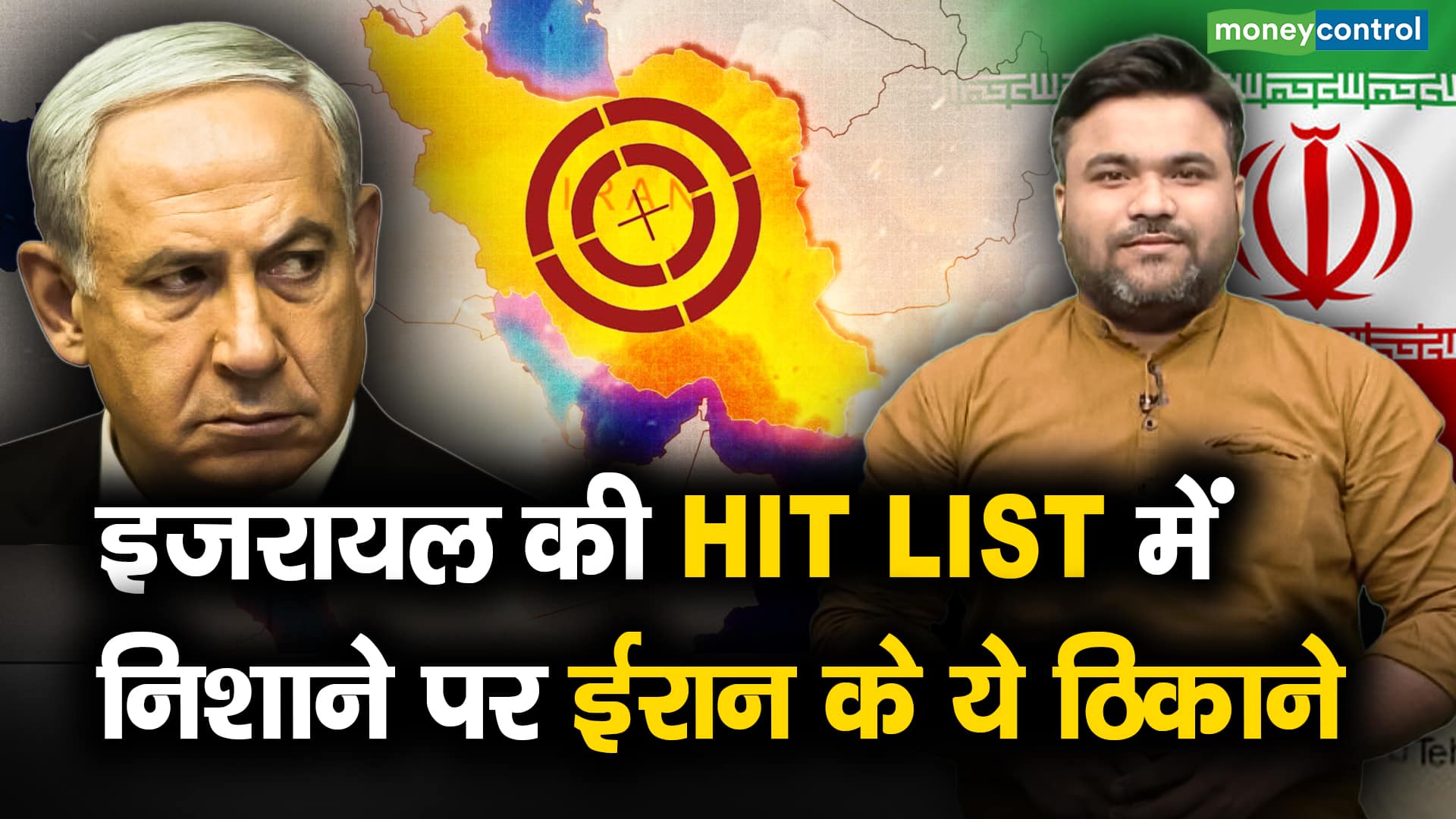The tensions in the Middle East are escalating, as Israel prepares for a significant retaliatory strike against Iran. With the world watching closely, the Israeli military has identified key targets for potential airstrikes in response to Iran’s recent missile attack. This article delves into the critical developments of this conflict, examining the implications of Israel’s planned response, and the strategic locations that could be targeted. Stay informed on how these events might reshape the geopolitical landscape of the region.
Rising Tensions in the Middle East
In recent weeks, the situation in the Middle East has become increasingly volatile, marked by a series of aggressive military maneuvers and escalating rhetoric between Israel and Iran. The backdrop of this tension is Iran’s missile attack on October 1, during which nearly 200 ballistic missiles were launched toward Israeli territory. This unprecedented escalation has prompted concerns of a broader conflict in a region already marred by instability.
Israel’s Military Preparedness
In response to the missile barrage from Iran, the Israeli military is on high alert, with strategic plans already in motion. Military analysts suggest that Israel’s response will likely focus on crucial Iranian military infrastructure, which includes missile facilities, command centers, and research installations. The objective of these targeted strikes would be to cripple Iran’s capabilities to launch further attacks and to send a strong message of deterrence to Tehran.
Key Locations Targeted by Israel
Israel’s intelligence community has reportedly pinpointed several strategic locations within Iran that are deemed critical to its missile program. Some of the primary targets may include:
- Missile Launch Sites: Facilities designed for the development and launch of ballistic missiles.
- Command and Control Centers: Locations that manage military operations and communication systems.
- Research and Development Facilities: Sites involved in the advancement of missile technology and warfare strategies.
Implications for Regional Stability
The potential for retaliation by Israel raises significant questions about the stability of the Middle East. A military confrontation between these two nations could have far-reaching consequences, not only for the immediate parties involved but also for global powers with interests in the region. Increased military engagement may result in humanitarian crises, economic disruptions, and a recalibration of alliances among Middle Eastern countries.
Conclusion: A Tense Watch
As the world awaits Israel’s decisive action in response to Iran’s missile attacks, the situation remains precarious. The delicate balance of power in the Middle East hangs in the balance as both nations prepare for potential conflict. Analysts and global leaders alike are urging for de-escalation, but with military readiness at its peak on both sides, the likelihood of a volatile exchange continues to loom large.
